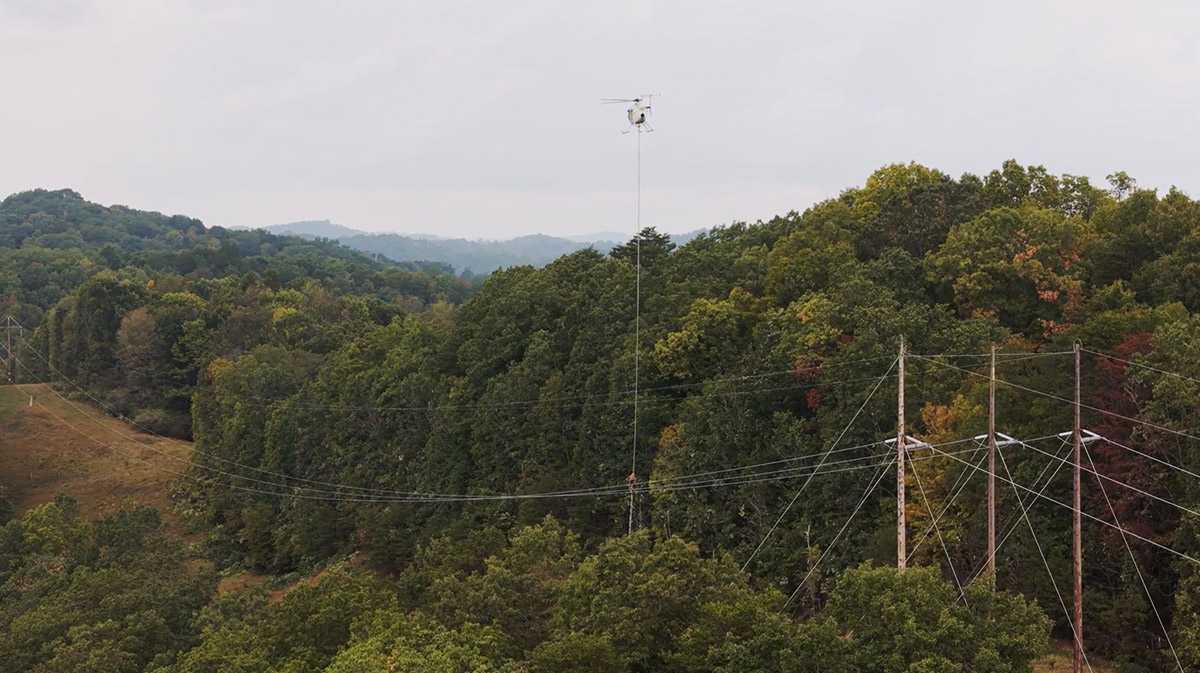
Why Helicopter Pilots Are Essential for Remote Operations Jobs in Mining, Forestry, and Oil
In some of the most rugged and isolated corners of the world, helicopters serve as the lifeline for essential industries. Mining, forestry, and oil operations often take place in terrain where traditional ground transport is impossible. These high-demand environments depend on helicopter pilots to move people, deliver supplies, and handle external loads with speed and precision.
The need for trained, adaptable pilots in these settings continues to grow. As projects push deeper into inaccessible areas, companies are seeking aviators who can manage complex missions and navigate unpredictable conditions. For aspiring helicopter pilots, remote operations jobs offer a career path filled with challenge and opportunity.
The Realities of Flying in Remote Environments
In industries like mining and oil, helicopters are used to transport teams to job sites and lift heavy equipment. In forestry, pilots often assist with aerial surveys and firefighting support. These missions rarely happen in wide-open spaces. Instead, pilots land in confined zones and deal with unpredictable terrain and weather patterns.
Success in this field requires advanced situational awareness and the ability to adapt on the fly. Missions may involve sudden changes in location, urgent deliveries, or back-to-back lifts in demanding environments. Pilots must stay sharp, make calculated decisions, and work closely with ground crews to keep everything moving safely and efficiently.
Flight Skills That Make the Difference
The flight skills required in remote operations jobs go far beyond what’s taught in standard commercial pilot training. Off-airport landings are a daily requirement. Pilots must approach uneven or sloped surfaces, anticipate ground effect in variable wind conditions, and manage power limits carefully.
External load handling is another key skill. Carrying suspended cargo beneath the aircraft requires precision control, clear communication with ground personnel, and a deep understanding of aircraft performance. In many cases, pilots rely on mirrors or spotters to manage loads they can’t directly see. These are not idealized flight scenarios. They’re real-world situations where safety, timing, and execution directly impact project success.
Training for the Demands of the Industry
Leading Edge Flight Academy understands the high expectations placed on pilots in remote support roles. Our training programs incorporate mission-style flying, scenario-based instruction, and experience in off-airport conditions. Students learn how to make confident decisions and understand the impact of terrain and weather on helicopter performance.
Mountain flying is a regular part of our curriculum. Located in Central Oregon, our environment gives students exposure to elevation changes and real decision-making in conditions that mirror the field. Instructors bring real-world experience, helping students understand what they’ll face after graduation. Through this approach, we prepare pilots to move directly into high-responsibility positions with a strong foundation in skill and safety.
Remote Operations Jobs: Opportunities for Skilled Pilots
Mining, forestry, and oil companies rely on helicopters to operate in regions that lack reliable infrastructure. Terrain may be impassable, or timing may require air transport to stay on schedule. In these situations, a skilled helicopter pilot becomes the most valuable asset on the team. Pilots in these roles often work on contract, rotating in and out of field assignments. Some stay local, supporting long-term operations. Others travel across regions, bringing their expertise to a variety of job sites. These positions are well-compensated, offer long-term career potential, and provide a unique opportunity to support industries that fuel the global economy.
For many pilots, the appeal lies in the work itself. Handling high-impact missions and contributing to essential infrastructure gives a sense of purpose that few other roles can match.
Start Preparing for a Remote Career at LEFA
LEFA takes pride in preparing students to meet the demands of remote operations jobs. Our hands-on training and experienced instructors help future pilots build confidence in every area, from off-airport techniques to external load handling.
Remote industries need capable aviators who can operate safely in complex environments and deliver under pressure. Look for a flying career that has a real-world impact. Learn more about starting your journey at LEFA and build the skills for a successful pilot career supporting remote operations.


